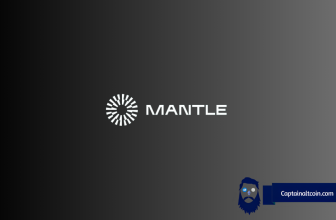
California city of Berkeley plans an ICO to support city funding. This plan just received a big boost and the plan could become reality sooner than expected after it earned a significant vote of approval from the local government.
The initiative is not too new, as there were couple of cities and countries who issued their ICOs already, but it got unanimous support by the city council.
They gave permission to the city manager to explore blockchain and ICOs as a way of selling city bonds in smaller denominations than the current minimal denomination of $5k.
The first project is already prepared, a pilot venture for the city would be a blockchain-fueled $3 million note to raise funds for a new fire engine, as the Bond Buyer reported. Should the pilot project be successful, the city plans to launch similar affordable housing program on public ledger.
Indeed, the liberal city has a vision for tokenized affordable housing involving a muni-bond backed ICO. Berkley has already partnered with muni-bond market tech startup Neighborly for the initiative.
Circumventing Wall Street
Berkley is exploring new debt instruments as they are now too dependent on Wall Street and similar debt capital markets as a main path to issuing city bonds. With this new innovative crowdfunding option, vice mayor Ben Bartlett who is a chief advocate of the idea, aims to expand the pool of investors and distribute the bonds across more smaller investors.
Bartlett allegedly wants the blockchain bonds to facilitate denominations between $10 and $25. Lowering the investment threshold makes them more available to invest in and would give locals a chance to build their net worth, Bartlett said.
“It’s an exciting course to be expanding the market; and also to be creating new asset classes and opportunities for our people to own new assets, particularly in light of what is happening with creeping poverty,” according to Bartlett in the Bond Buyer.
Blockchain not only gives the city a better investor distribution, but it also cuts out the middlemen and slashes administrative costs involved with bond-issuance process.
However, not everybody is on board with this progressive idea – Councilwoman Susan Wengraf reportedly wondering if using blockchain for micro-muni bond issuance may be “overkill.”







